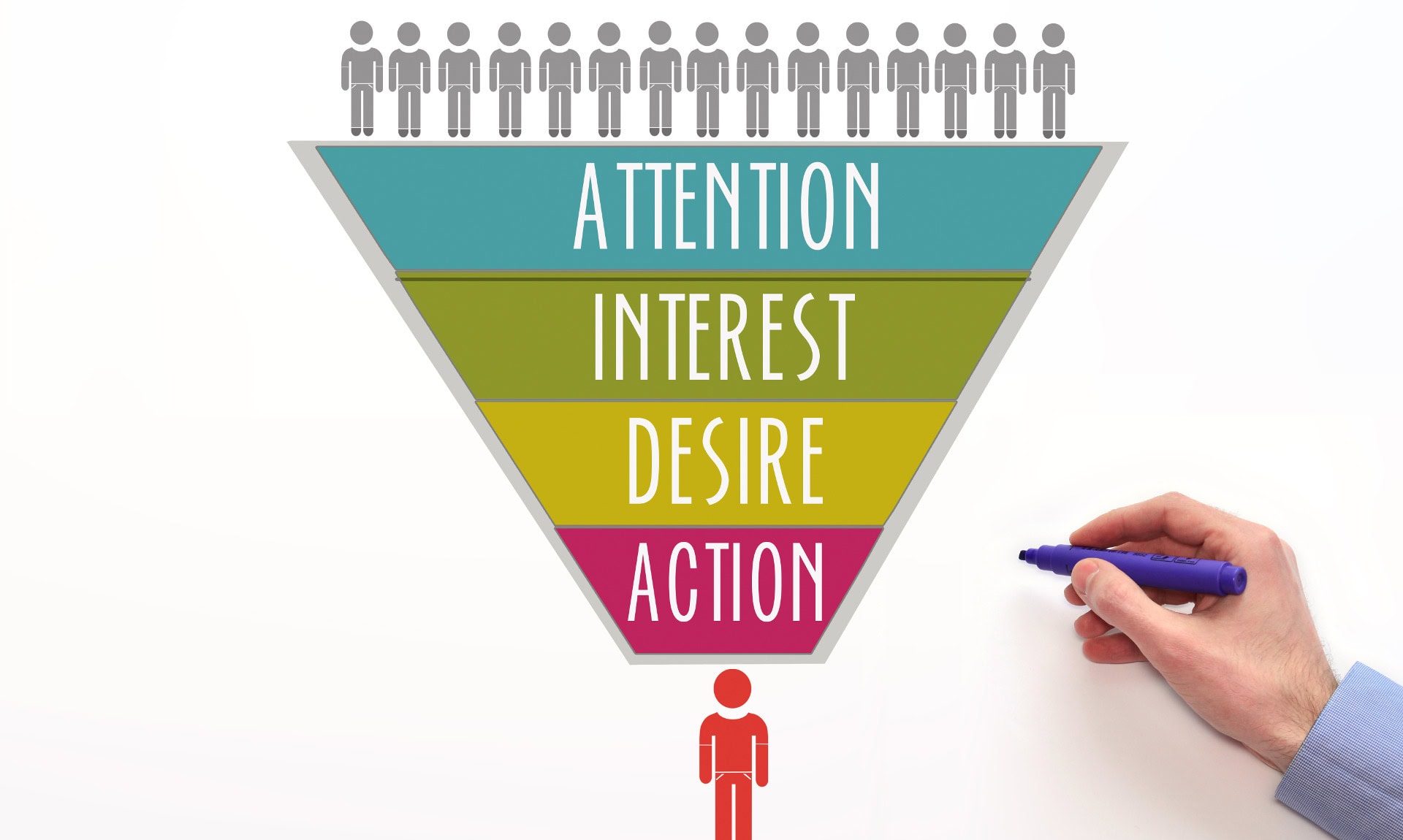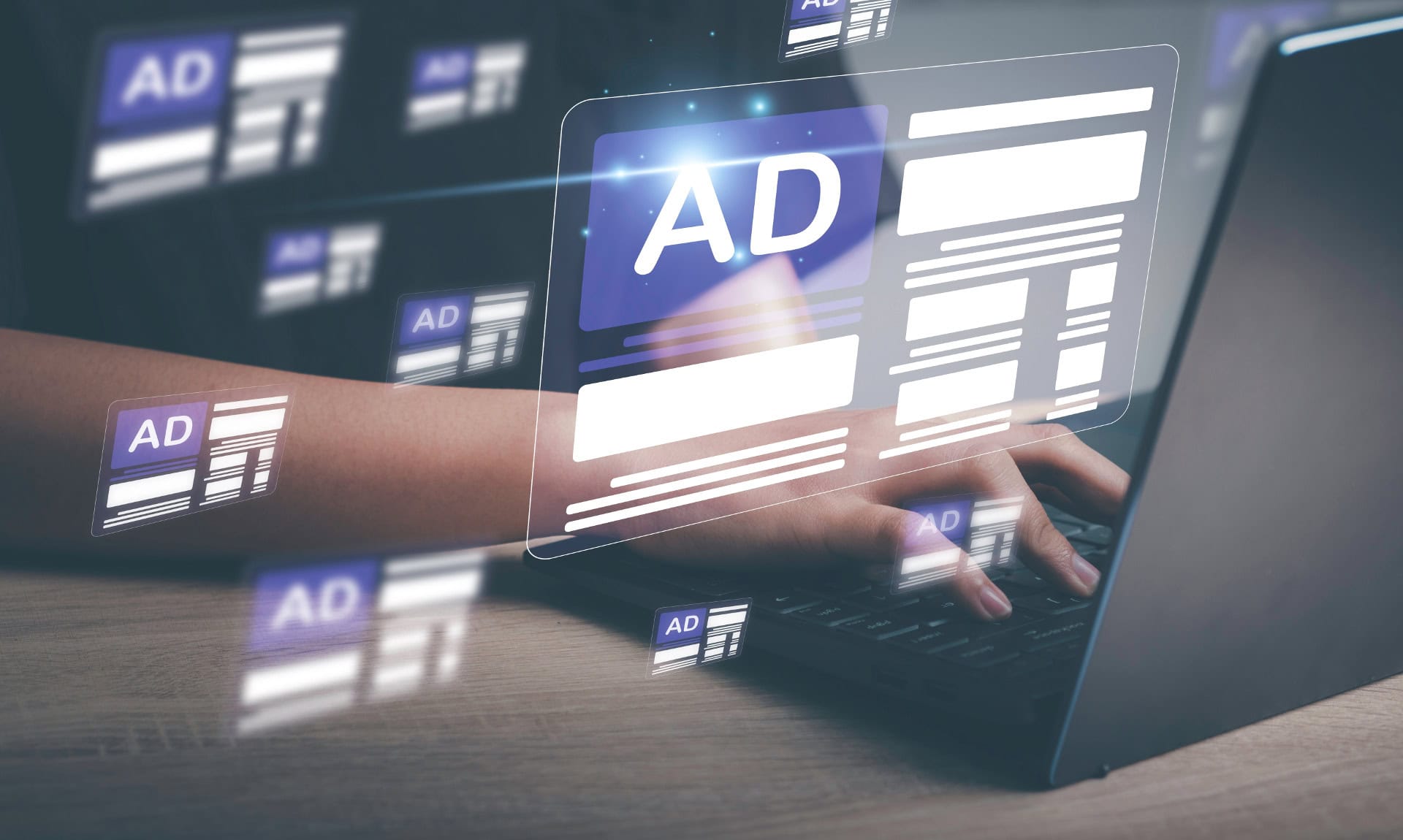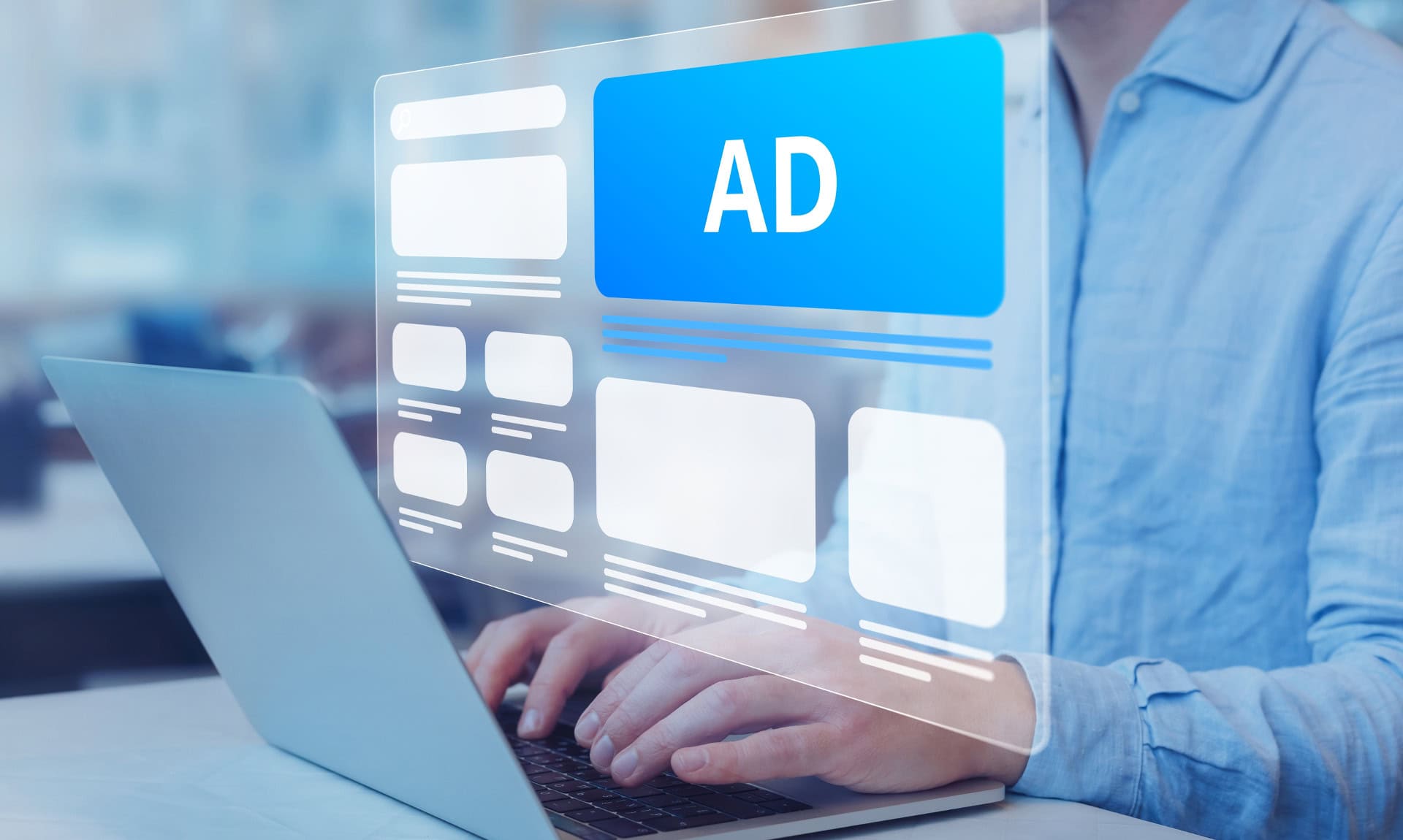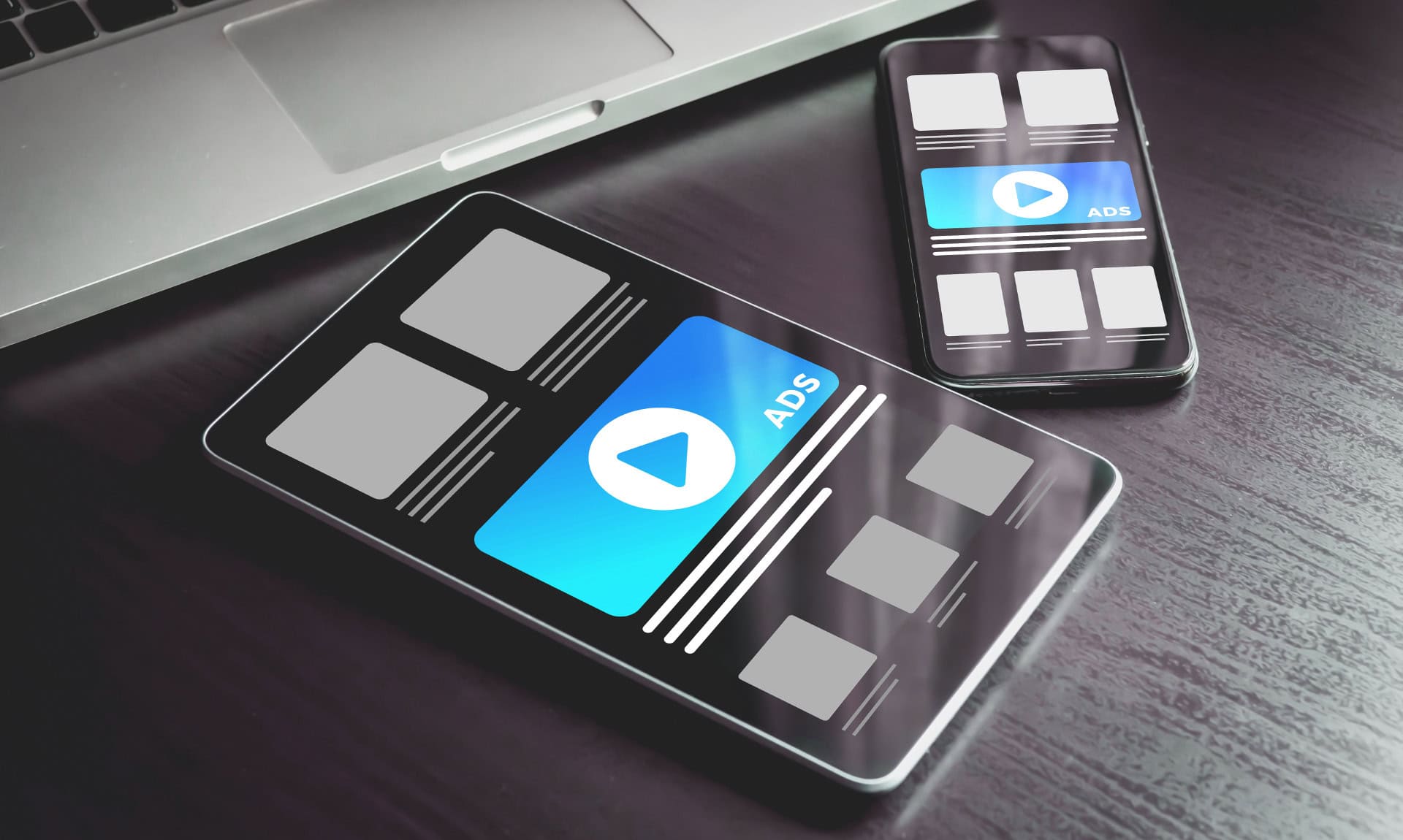
What Is a Full-Funnel Marketing Strategy? (+Tips for Success)
To thrive in today’s competitive market, businesses need a comprehensive approach that addresses the entire customer journey. By targeting prospects at each phase, companies can drive better engagement and higher conversion rates.
This article will explore the benefits of a full-funnel marketing strategy, its key tactics, and advanced strategies for success.
What Is Full-Funnel Marketing?
Full-funnel marketing is an approach that targets potential customers at every stage of their journey, from awareness to consideration to decision and retention.
It involves creating tailored marketing strategies that address the specific needs and behaviors of prospects at each stage. This comprehensive strategy ensures that no potential customer falls through the cracks and maximizes the chances of conversion.
Before continuing, if you’re in the B2B space, our B2B sales funnel guide may be more applicable.
Sales Funnel vs. Marketing Funnel
While the sales funnel focuses primarily on the stages leading up to the purchase, the marketing funnel encompasses a broader scope, including post-purchase engagement and retention. The marketing funnel aims to nurture relationships over the long term, fostering loyalty and repeat business.
- Learn More: Marketing Funnel vs. Sales Funnel
Benefits of Full-Funnel Marketing
There are numerous benefits of a sales funnel that business owners need to know. Implementing a full-funnel marketing strategy offers the following advantages:
1. Enhanced Customer Understanding
By engaging with customers at each stage of the funnel, marketers gain valuable insights into their preferences, behaviors, and pain points. This deeper understanding enables more personalized and effective marketing efforts.
2. Improved Conversion Rates
A full-funnel approach nurtures prospects with relevant content and touchpoints, increasing conversion rates. By addressing specific needs at each stage, businesses can guide prospects smoothly toward making a purchase.
3. Increased Customer Retention
Full-funnel marketing doesn’t stop at the point of sale; it continues to engage and support customers post-purchase. This ongoing relationship-building fosters loyalty and encourages repeat business, leading to higher customer retention rates.
4. Streamlined Marketing Efforts
Integrating marketing activities across the entire funnel ensures consistency and cohesion in messaging and strategy. This streamlining reduces redundancies and optimizes resource allocation, making marketing efforts more efficient.
5. Better ROI Analysis
A full-funnel strategy provides a comprehensive view of the customer journey, allowing for more accurate measurement of marketing performance. By analyzing the return on investment (ROI) at each stage, businesses can identify which tactics are most effective and adjust their strategies accordingly.
Stages of Full-Funnel Marketing
Understanding the sales funnel stages is crucial for implementing an effective strategy that guides prospects from initial awareness to long-term loyalty.
Stage 1: Awareness
The awareness stage (top of the funnel) is where potential customers first learn about your brand or product. Marketing efforts at this stage focus on capturing attention and generating interest through broad-reaching tactics like social media marketing, content marketing, and SEO.
Stage 2: Interest and Evaluation
During the interest and evaluation stage (middle of the funnel), prospects begin to seek more information and compare options. Effective strategies here include informative content, email marketing, and targeted ads that highlight your product’s benefits and features.
Stage 3: Desire
In the desire stage, prospects have narrowed down their options and are considering making a purchase. Marketing efforts should focus on persuasive messaging, such as testimonials, case studies, and personalized offers, to create a strong emotional connection.
Stage 4: Action
The action stage (bottom of the funnel) is where the prospect makes the decision to purchase. At this point, providing a seamless user experience, clear calls to action, and incentives like discounts or free trials can help convert interest into a sale.
Stage 5: Loyalty and Re-engagement
After the purchase, the loyalty and re-engagement stage aims to keep customers coming back. Strategies include post-purchase follow-ups, loyalty programs, and personalized recommendations to foster long-term relationships and encourage repeat business.
- Learn More: Upper Funnel vs. Lower Funnel Marketing
Full-Funnel Marketing Strategy
When building a sales funnel, implementing a diverse set of strategies is essential for success. Some best practices to consider are:
- Content Marketing: Create valuable and relevant content to attract and engage your target audience at various stages of the funnel.
- Social Media Advertising: Utilize targeted ads on social media platforms to raise awareness and drive interest among potential customers.
- Email Marketing Campaigns: Send personalized and segmented emails to nurture leads and maintain engagement with existing customers.
- Search Engine Optimization (SEO): Optimize your website and content to improve visibility and attract organic traffic from search engines.
- Influencer Partnerships: Collaborate with influencers to leverage their reach and credibility, enhancing brand awareness and trust.
- Retargeting Ads: Use retargeting techniques to re-engage visitors who have shown interest but haven’t yet converted.
- Webinars and Live Demos: Host informative webinars and live demonstrations to educate and persuade prospects during the evaluation stage.
- Customer Testimonials and Reviews: Showcase positive feedback from satisfied customers to build credibility and influence purchasing decisions.
- Loyalty Programs: Implement rewards programs to encourage repeat purchases and foster long-term customer loyalty.
- Data Analytics and Performance Tracking: Utilize data analytics to measure the effectiveness of your strategies and continuously optimize your marketing efforts.
Measuring Full-Funnel Success
To ensure your full-funnel marketing strategy is effective, it’s crucial to track and analyze key sales funnel metrics at each stage.
- Website Traffic: Monitor the number of visitors to your website to gauge overall interest and the effectiveness of your awareness campaigns.
- Lead Generation Rate: Measure the percentage of website visitors who convert into leads to assess how well your site captures interest.
- Conversion Rate: Track the percentage of leads that convert into paying customers to determine the effectiveness of your middle and bottom-funnel strategies.
- Cost Per Lead (CPL): Calculate the cost of acquiring each lead to ensure your marketing efforts are cost-effective.
- Customer Acquisition Cost (CAC): Analyze the total cost to acquire a new customer, including all marketing and sales expenses, to evaluate overall profitability.
- Bounce Rate: Monitor the percentage of visitors who leave your website after viewing only one page to identify potential issues with your landing pages or content.
- Average Session Duration: Measure the average time visitors spend on your site to understand engagement levels and the effectiveness of your content.
- Customer Lifetime Value (CLV): Calculate the total revenue expected from a customer over their lifetime to assess the long-term value of your marketing efforts.
- Retention Rate: Track the percentage of customers who continue to do business with you over a specific period to gauge the success of your loyalty and re-engagement strategies.
- Return on Investment (ROI): Evaluate the overall return on your marketing investments to determine which strategies are delivering the best results and optimize accordingly.
How to Optimize a Full-Funnel
To maximize the effectiveness of your full-funnel approach, consider implementing these advanced sales funnel optimization techniques.
- Behavioral Segmentation: Segment your audience based on their behavior and interactions with your brand to deliver more personalized and relevant content.
- A/B Testing: Continuously test different versions of your marketing materials, such as emails, landing pages, and ads, to identify what works best.
- Multi-Channel Attribution: Utilize multi-channel attribution models to understand the impact of various touchpoints across the customer journey.
- Advanced Analytics Tools: Implement sophisticated analytics tools to gain deeper insights into customer behavior and campaign performance.
- Dynamic Content Personalization: Use dynamic content that changes based on user data and behavior to enhance engagement and relevance.
- Marketing Automation: Leverage marketing automation platforms to streamline and scale your marketing efforts across the entire funnel. (Learn more about building an automated sales funnel.)
- Predictive Analytics: Apply predictive analytics to forecast customer behavior and tailor your strategies accordingly.
- Customer Feedback Loops: Establish feedback loops to regularly gather and analyze customer feedback, allowing for continuous improvement of your marketing tactics.
- Integrated CRM Systems: Integrate your CRM with marketing tools to ensure seamless data flow and more effective customer relationship management.
- Cross-Department Collaboration: Foster collaboration between marketing, sales, and customer service teams to ensure a cohesive and consistent customer experience across all touchpoints.
Full-Funnel Marketing Examples
Implementing a full-funnel marketing strategy can take various forms depending on the industry and target audience. Here are five sales funnel examples:
Ecommerce Brand
- Awareness: Run social media ads showcasing new product launches.
- Interest: Offer engaging blog content about product benefits and usage tips.
- Desire: Send personalized email recommendations based on browsing history.
- Action: Provide a limited-time discount code to encourage purchase.
- Loyalty: Implement a rewards program for repeat purchases and exclusive offers.
Learn more about the ecommerce sales funnel.
SaaS Company
- Awareness: Publish educational whitepapers and host webinars to attract potential customers.
- Interest: Offer free trials and detailed product demos to showcase the software’s capabilities.
- Desire: Share customer success stories and case studies to highlight real-world benefits.
- Action: Use targeted email campaigns with special pricing options to drive subscriptions.
- Loyalty: Provide dedicated customer support and regular feature updates to retain users.
B2B Service Provider
- Awareness: Attend industry conferences and network to raise brand visibility.
- Interest: Create in-depth blog posts and research reports addressing industry challenges.
- Desire: Offer free consultations or audits to demonstrate expertise.
- Action: Develop a tailored proposal with competitive pricing to close the deal.
- Loyalty: Maintain regular check-ins and offer value-added services to ensure long-term satisfaction.
Consumer Goods Company
- Awareness: Run OTT ads and TV ads to introduce new products.
- Interest: Launch interactive social media campaigns encouraging user participation.
- Desire: Utilize influencer partnerships to generate authentic product endorsements.
- Action: Provide in-store promotions and online coupons to drive purchases.
- Loyalty: Send personalized follow-up emails and product recommendations to keep customers engaged.
Travel Agency
- Awareness: Advertise on travel blogs and magazines to reach adventure seekers.
- Interest: Offer virtual tours and destination guides on your website.
- Desire: Share customer testimonials and travel itineraries to inspire bookings.
- Action: Use retargeting ads to remind visitors of their travel plans and offer limited-time discounts.
- Loyalty: Create a referral program that rewards customers for recommending your services to others.
Full-Funnel Marketing: Final Thoughts
A full-funnel marketing strategy is essential for businesses aiming to optimize their customer journey from initial awareness to long-term loyalty. By addressing the specific needs and behaviors of prospects at each stage, and implementing strategic sales funnel management, companies can enhance engagement, improve conversion rates, and foster customer retention.
News Via Inbox
Get our monthly report on all the latest and greatest trends in digital marketing.



